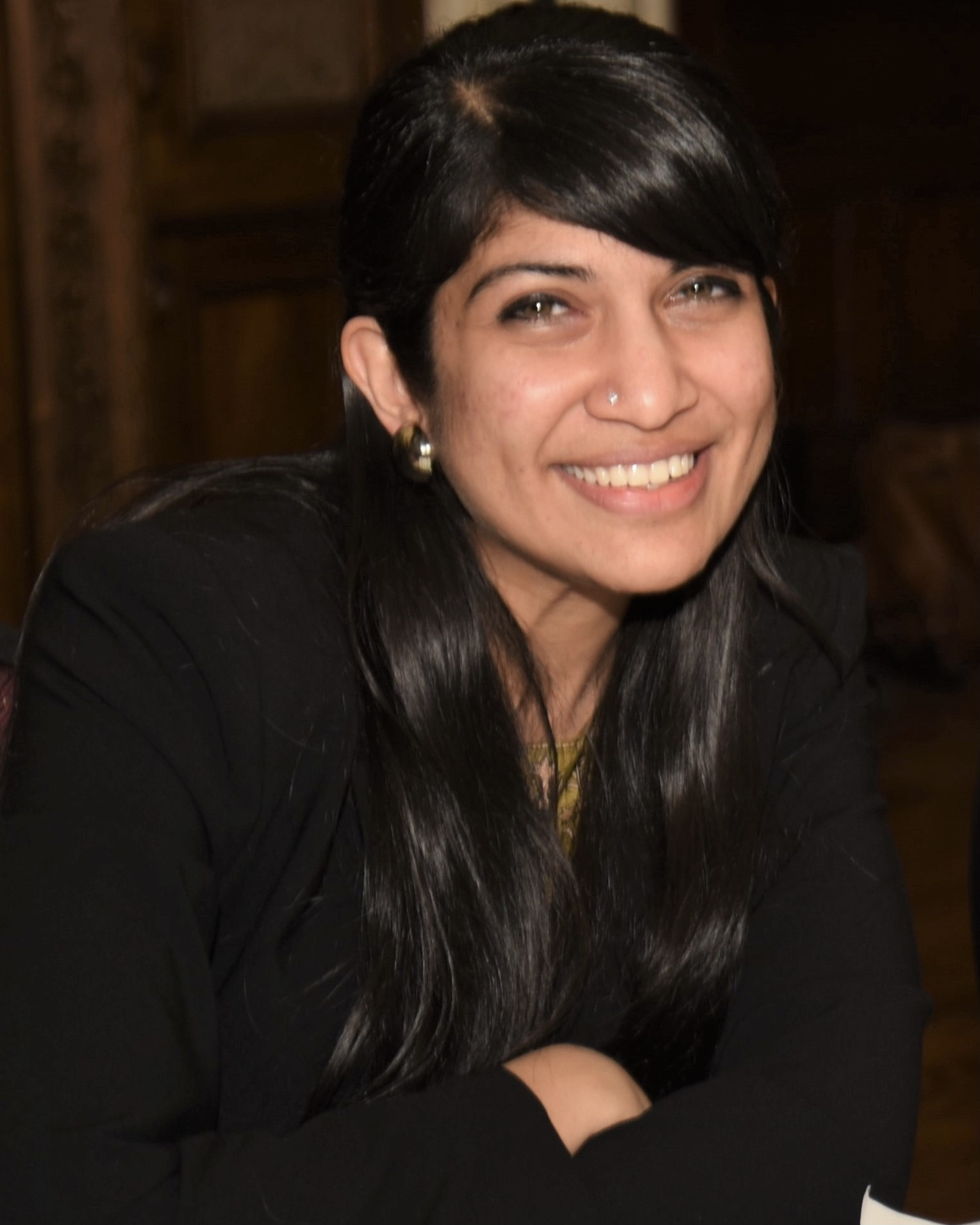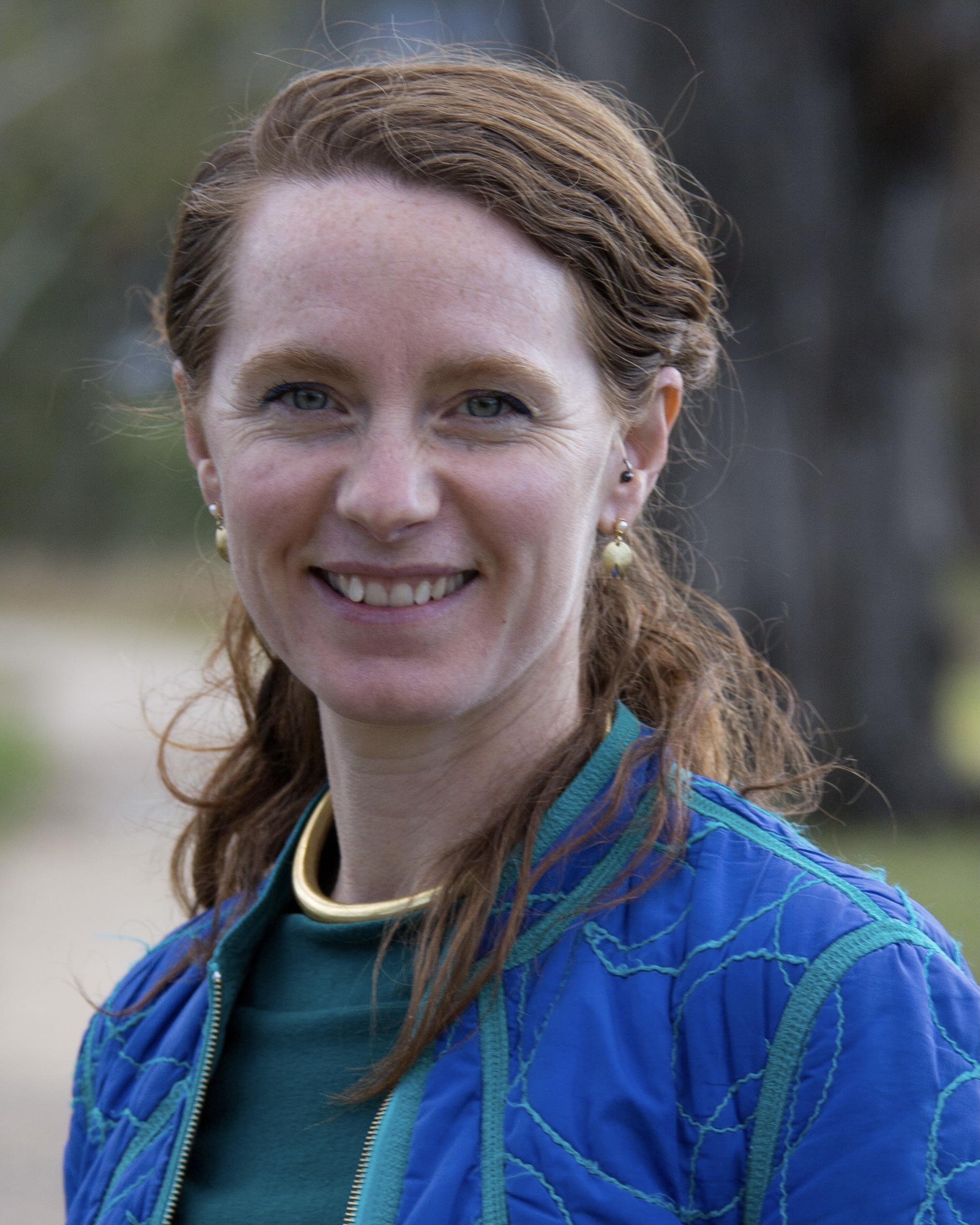
8 November 2021, 14:00–15:15 CET
Click here to register for this session.
Armed conflict in outer space would have devastating consequences for all. As space plays a critical role in both military and civilian needs, it is essential to clarify applicable rules to prevent conflict. This session invites legal and technical experts for a discussion on the application of international humanitarian law (IHL) to outer space. It will explore compatibility of IHL with international space law and assess how civilian interests can be safeguarded through IHL rules. The session will also consider the technical aspects of different technologies and behaviours in outer space, and the legal implications thereof. The session will also inquire into the rights and obligations of neutral states and states not directly participating in hostilities. The objective is to identify which issues require policy intervention.
The session will address the following questions:
- How can IHL rules be clarified in the space domain without encouraging escalation?
- Incidents of jamming and spoofing demonstrate the potential damage that non-kinetic technologies have, especially for civilians. Do present regulations suffice?
- Thresholds for use of force in the space context continue to be unclear. Being separate bodies of law, can gaps in jus in bello be addressed without conducting a parallel analysis of jus ad bellum?
- A common understanding of ‘dual-use’ will be critical in developing any further regulation. However, there is a slight variation in the use of the term. How can this be addressed?
Moderator
 |
Nivedita Raju Nivedita Raju is SIPRI’s Researcher on Outer Space Issues. She specializes in space security and additionally steers projects on international disarmament education. Nivedita is also a mentor for the United Nations Space4Women programme, and Director of Legal Affairs at the non-profit Space Court Foundation. Previously, she was a Fellow at Open Lunar Foundation, and a contributing member of the Manual on International Law Applicable to Military Uses of Outer Space (MILAMOS). |
Discussants
|
|
Peter Hulsroj Peter Hulsroj is currently working as a legal consultant for intergovernmental organisations. Before this Peter was the Director of the European Space Policy Institute (ESPI) in Vienna, following-on from an assignment as the Director of Legal Affairs and External Relations of the European Space Agency (ESA). Peter has also been a practising attorney, the Head of Procurement and Legal Affairs of the European Organisation for the Exploitation of Meteorological Satellites (EUMETSAT), and the Legal Advisor of the Comprehensive Nuclear-Test-Ban Treaty Organization (CTBTO). Peter has written articles on space law and general international law and is the author of two books, with a third, The Optional Society, coming out in November. |
|
|
Dr Cassandra Steer Dr Cassandra Steer is a Mission Specialist with the Australian National University (ANU) Institute for Space (InSpace), and a Senior Lecturer at the ANU College of Law. She has published widely on space law and space security, including the application of the law of armed conflict in outer space. She has been a consultant to the Australian Department of Defence, the Canadian Judge Advocate General’s Office and the United States Department of Defense on these issues. She teaches space law and space security at ANU College of Law and the National Security College. Dr Steer is a member of the Australian Space Agency's Technical Advisory Group for Space Situational Awareness, an Associate Expert on the Woomera Manual on the International Law of Military Space Operations, and a member of the International Institute of Space Law |
|
|
Dr Brian Weeden Dr Brian Weeden is the Director of Program Planning for Secure World Foundation (SWF) and has more than 20 years of professional experience in space operations and policy. Dr Weeden directs strategic planning for future-year projects to meet the foundation's goals and objectives, and conducts research on space sustainability issues. Prior to joining SWF, Dr Weeden served nine years on active duty as an officer in the US Air Force working in space and intercontinental ballistic missile (ICBM) operations. |
 |
Dr Wen Zhou Dr Wen Zhou is currently Legal Adviser of the Arms and Conduct of Hostilities Unit of the Legal Division at the International Committee of the Red Cross (ICRC) Headquarters in Geneva, Switzerland. Wen’s functions include coordinating, developing and representing the ICRC's legal and policy positions on a range of weapons issues, notably military activities in outer space, legal review of new weapons, and certain conventional weapons. She is the author of the ICRC position paper on 'The Potential Human Cost of the Use of Weapons in Outer Space and the Protection Afforded by International Humanitarian Law' submitted to the UN on issues outlined in General Assembly Resolution 75/36. Prior to 2018, Wen was Head of Legal Department at the ICRC Regional Delegation for East Asia, where she worked on the promotion and implementation of international humanitarian law in China, Republic of Korea, North Korea and Mongolia. Prior to joining the ICRC in 2013, Wen worked as Associate Legal Counsel in the World Bank Group (Washington DC) and Assistant Professor of Law in the Chinese Academy of Social Sciences (Beijing). |
For additional information on this session, please contact the SSC 2021 Team at sthlmseccon@sipri.org.


